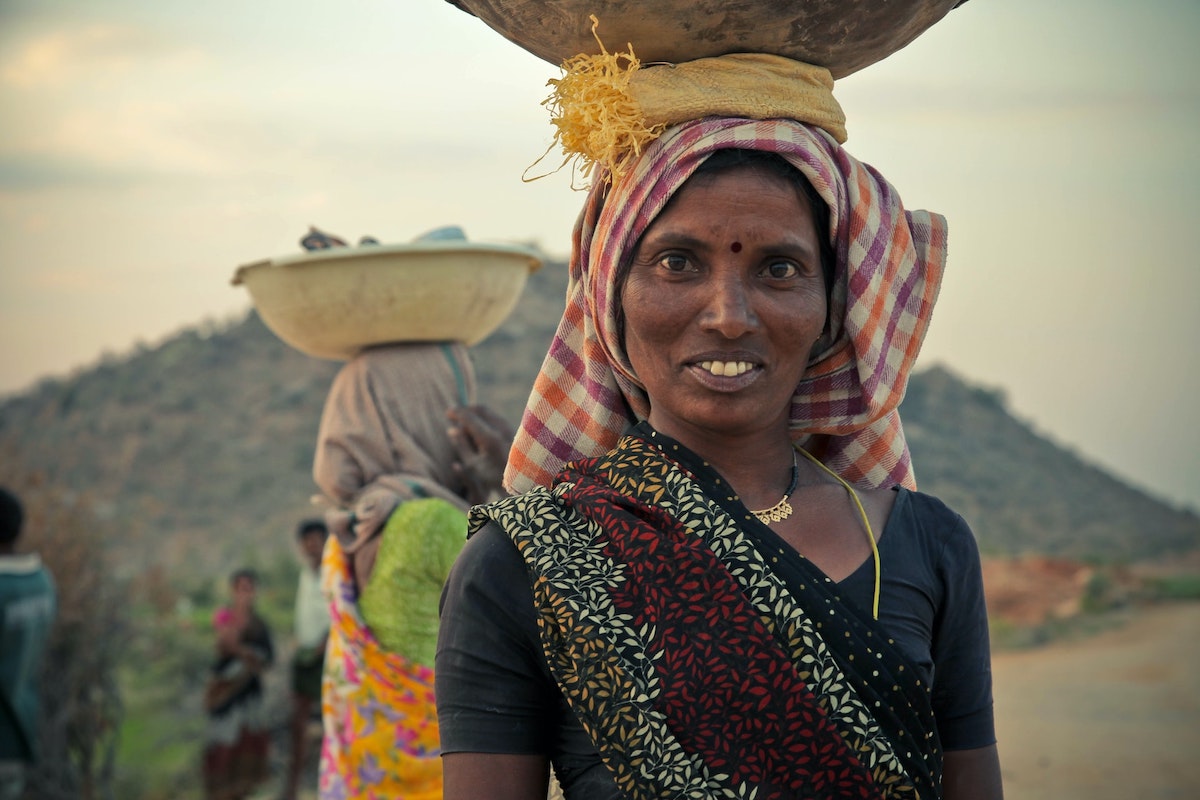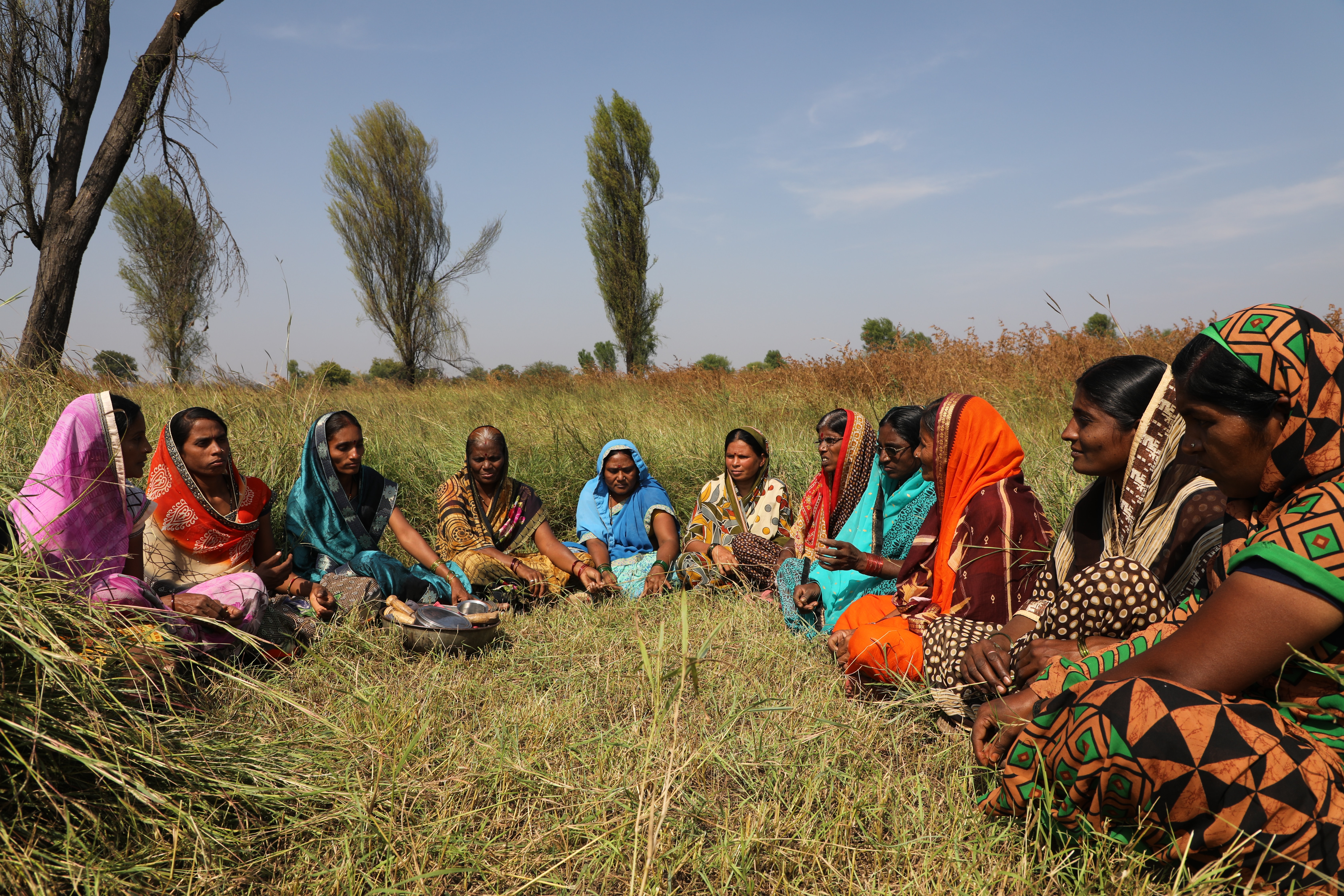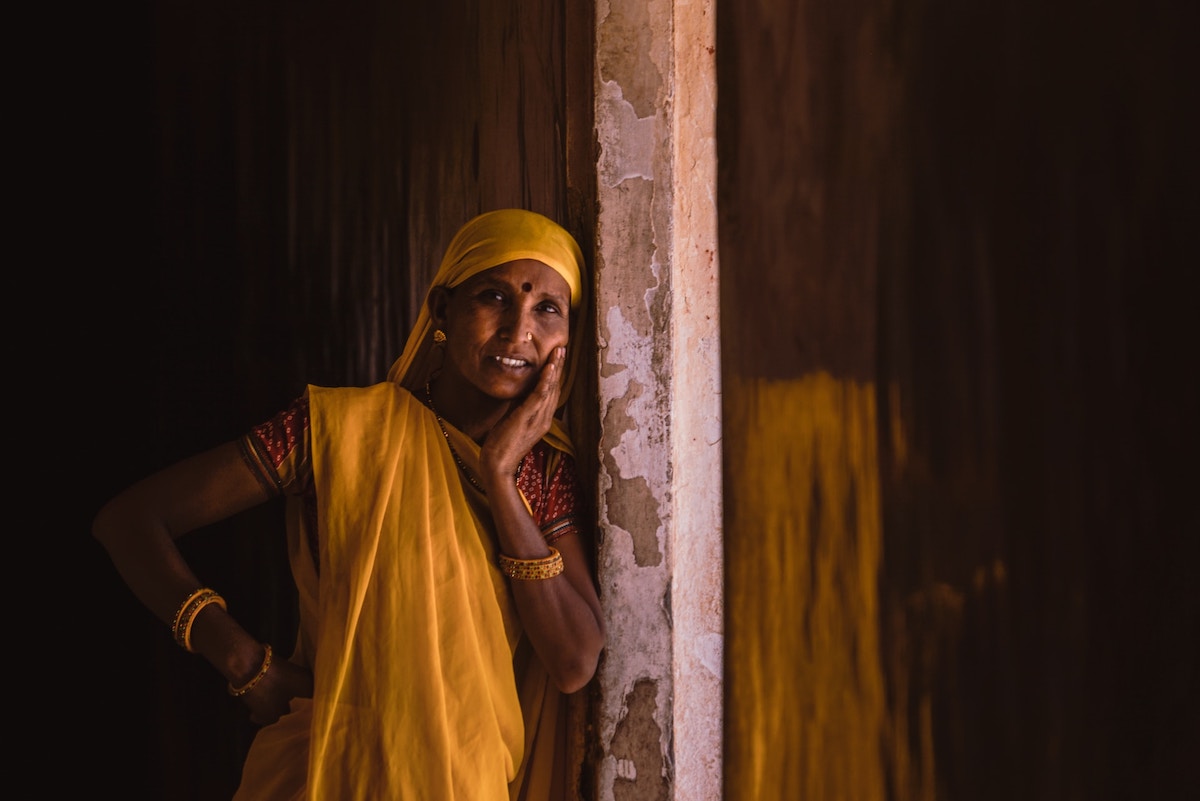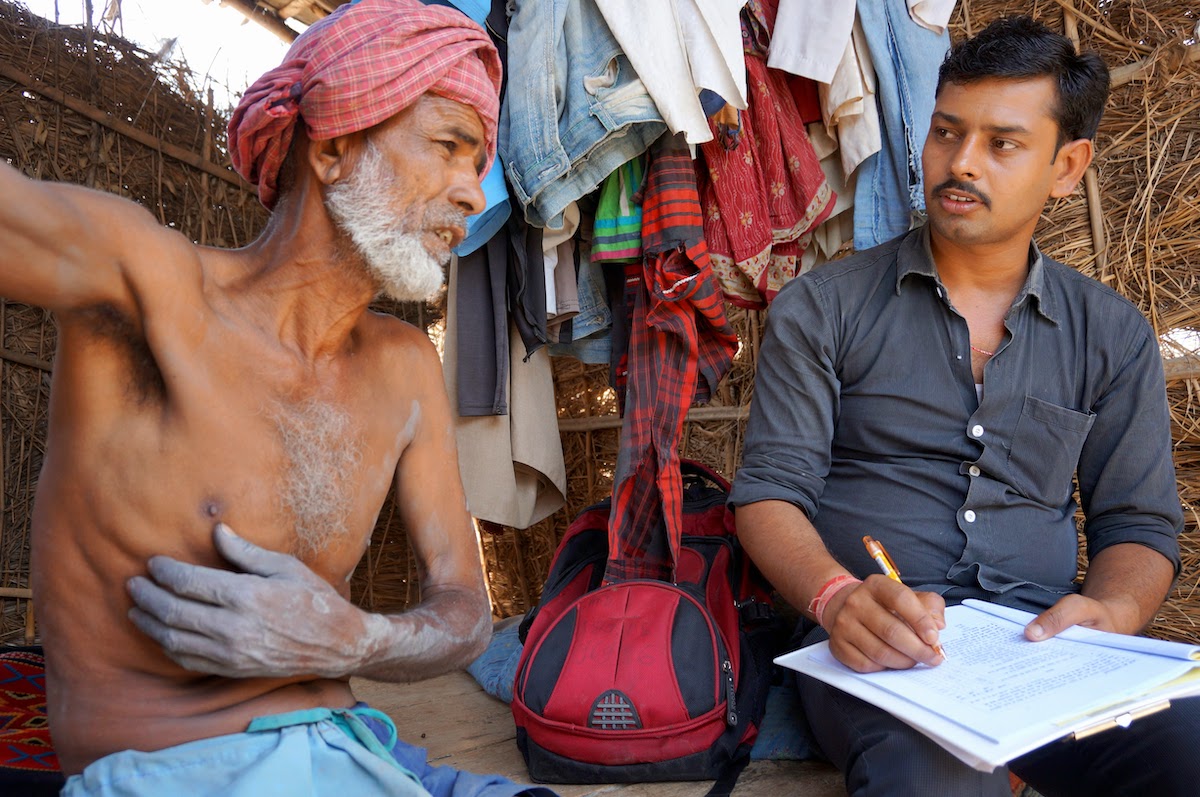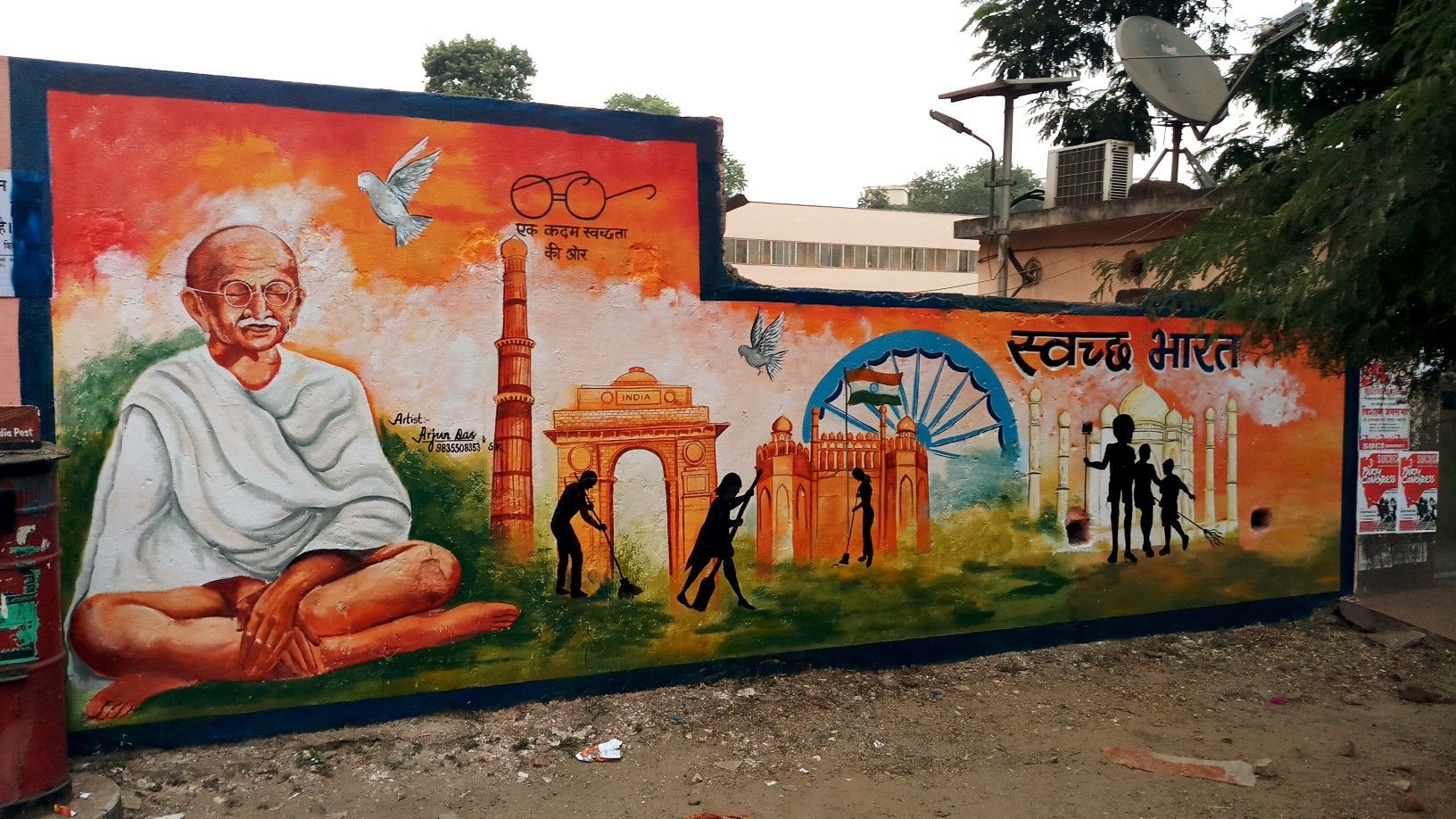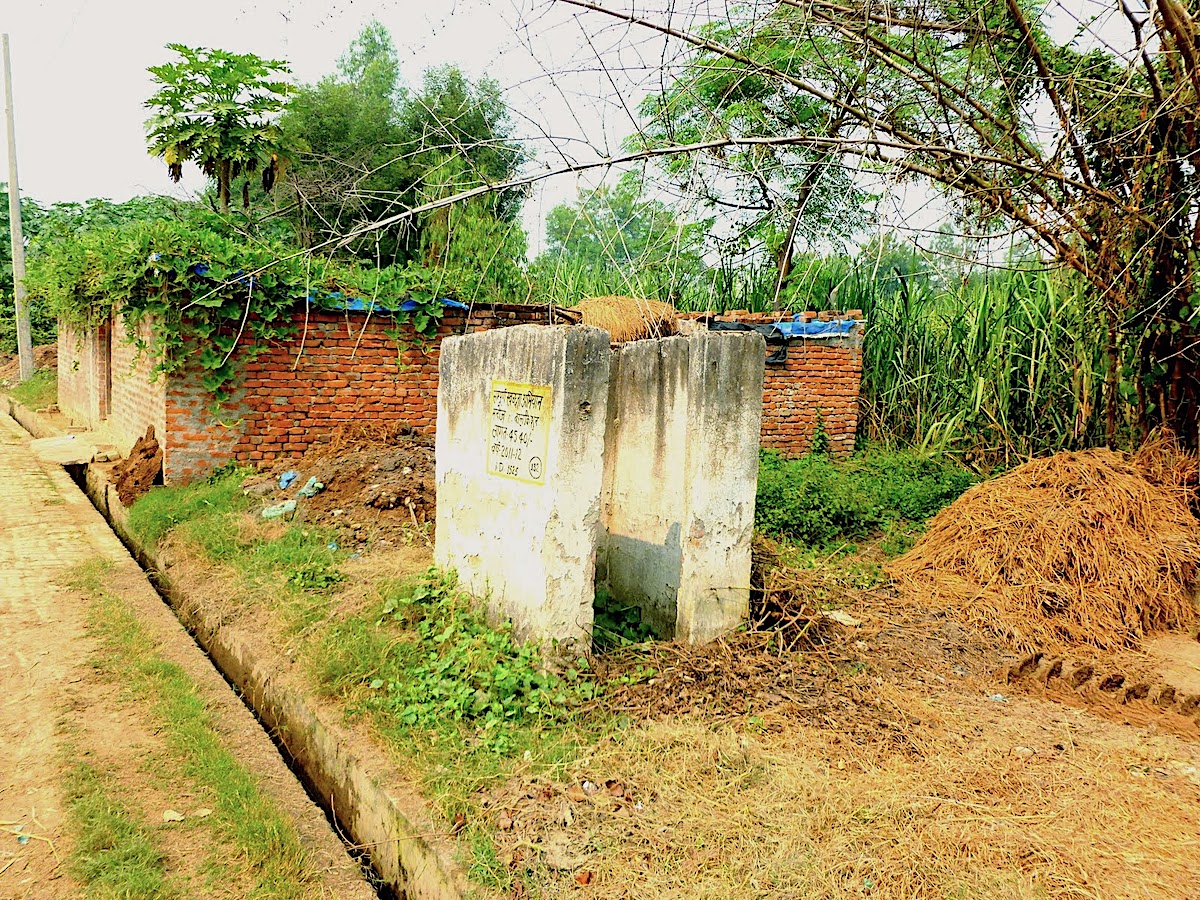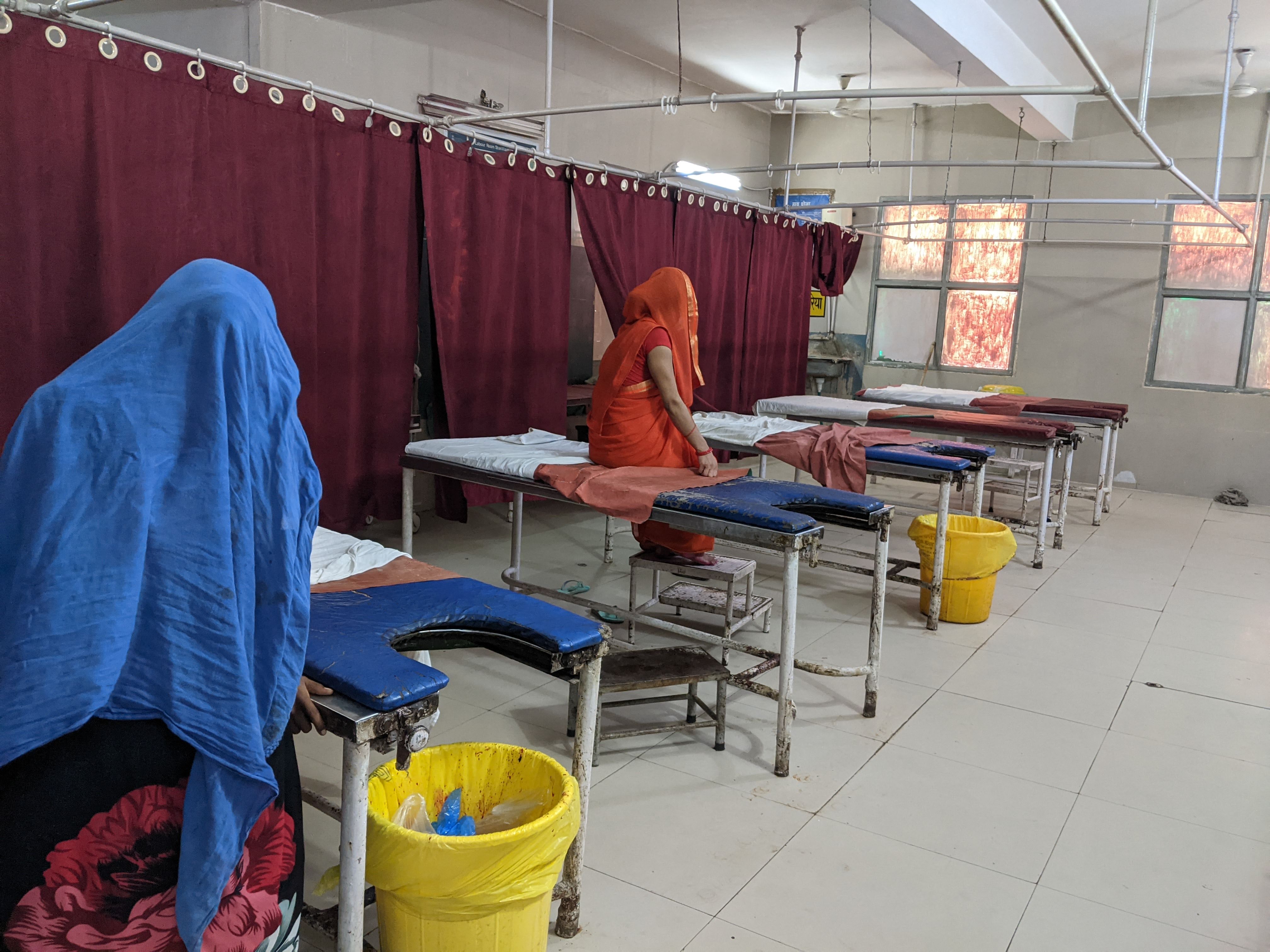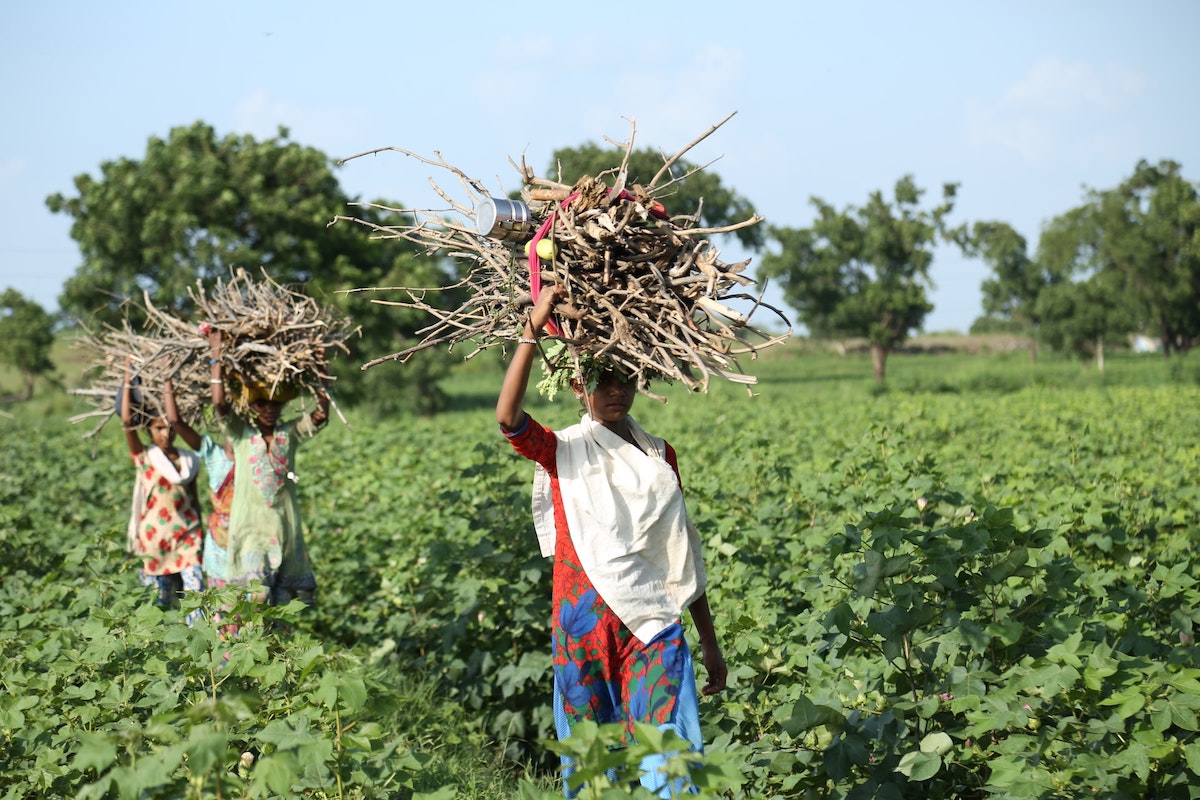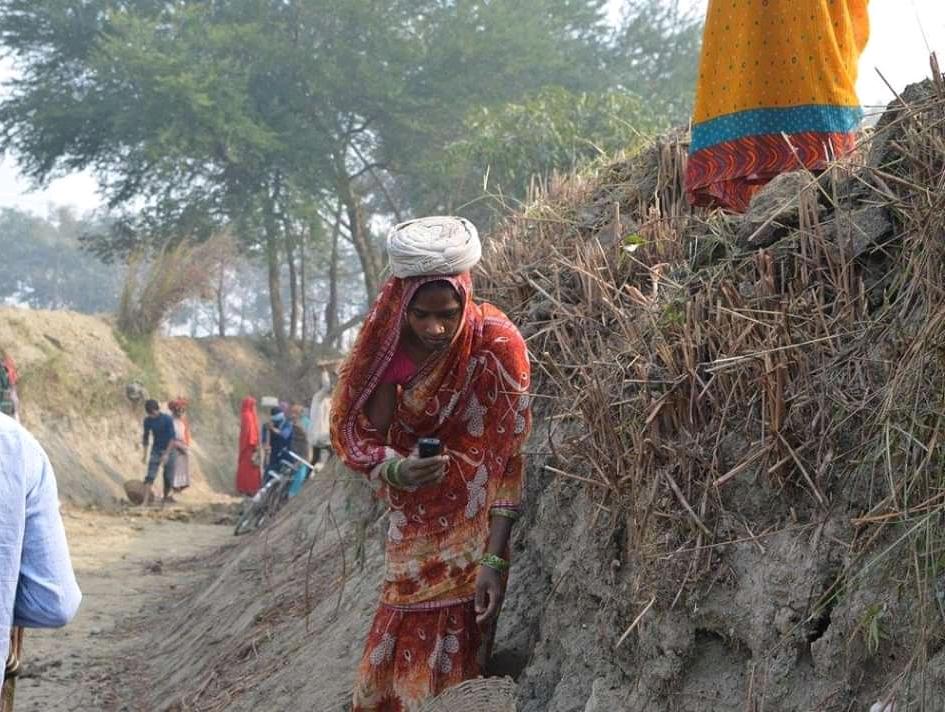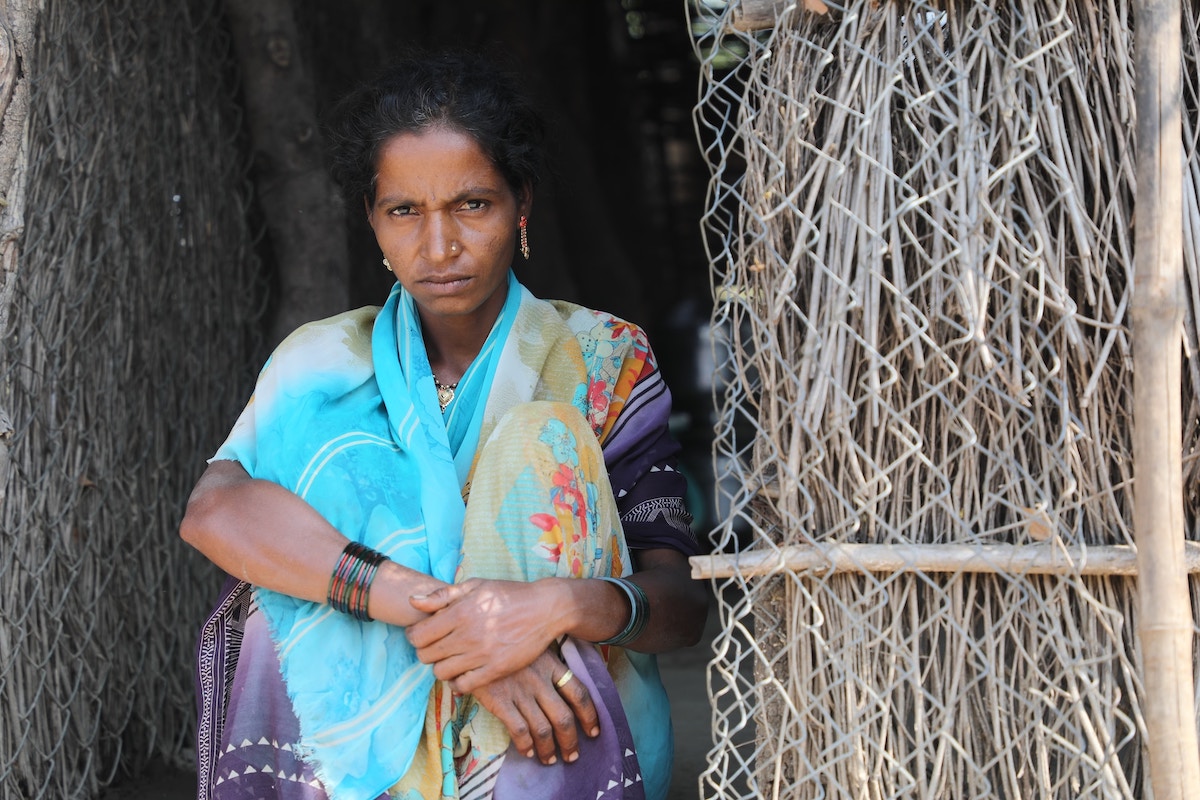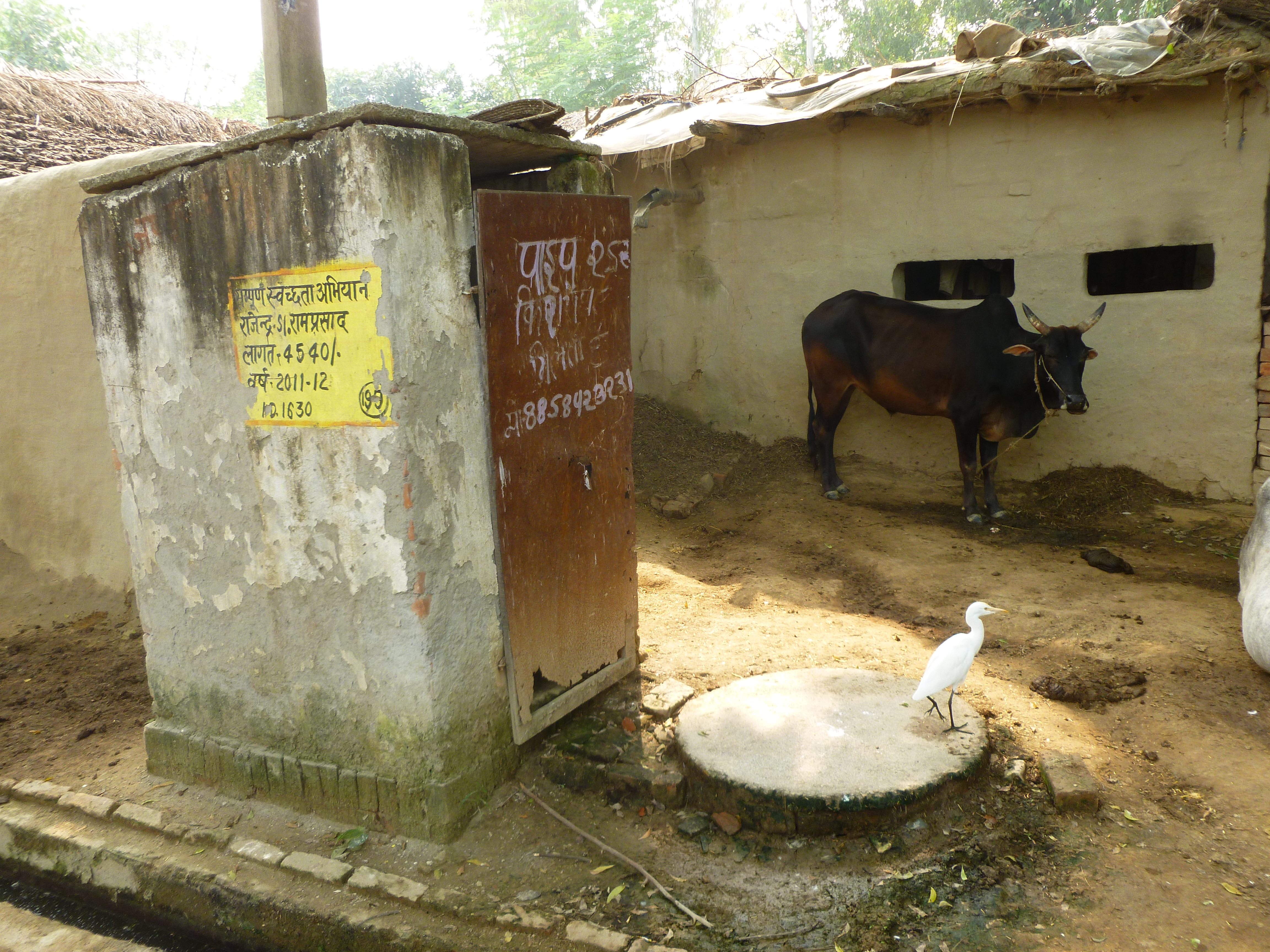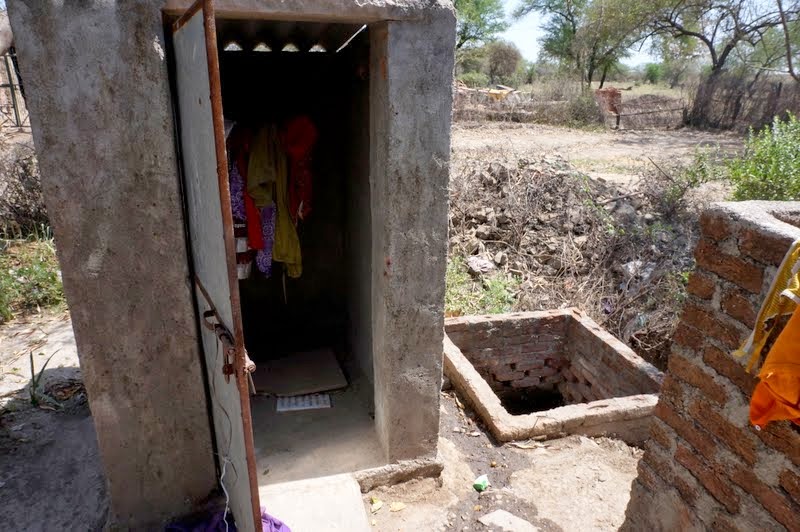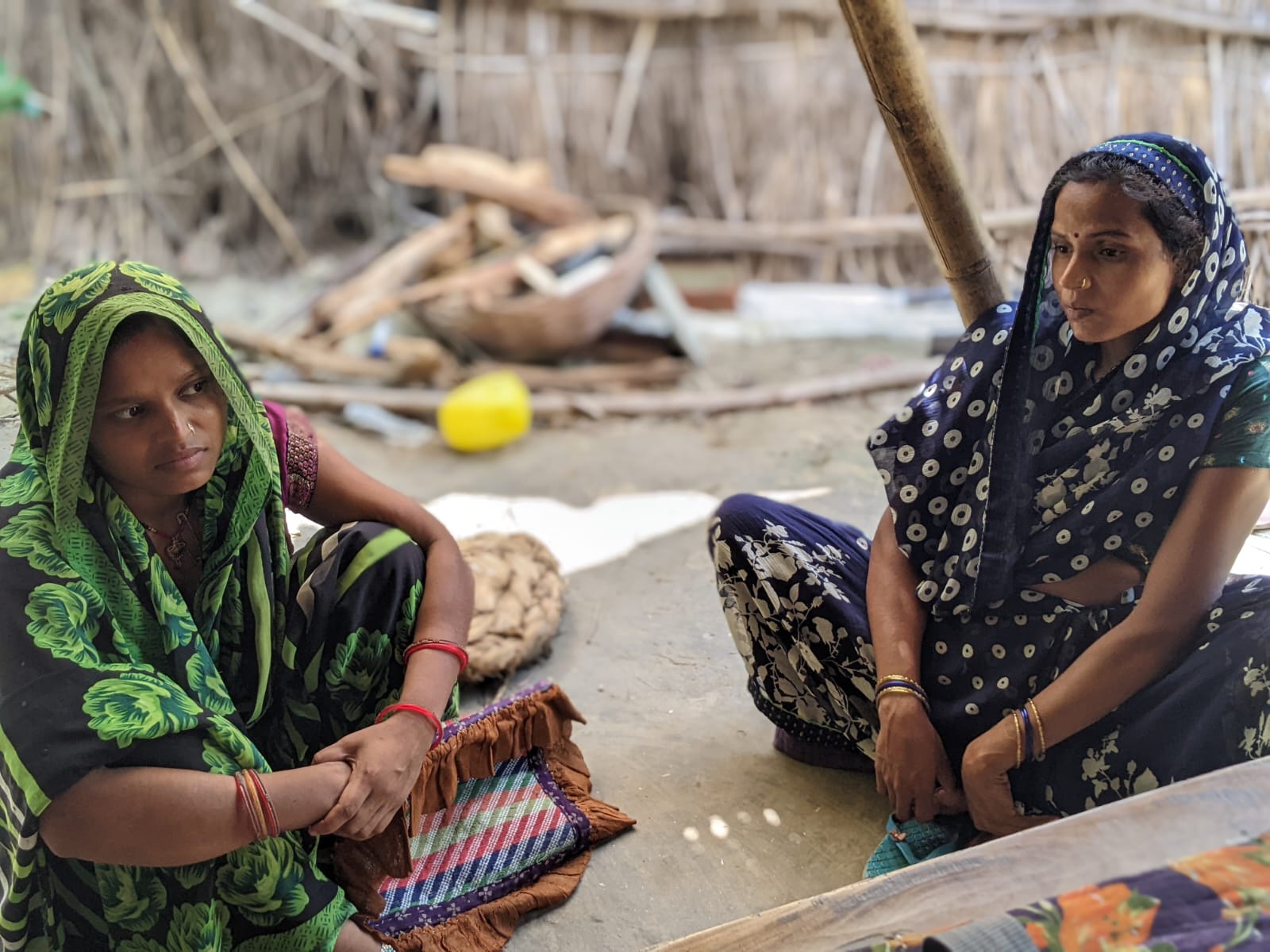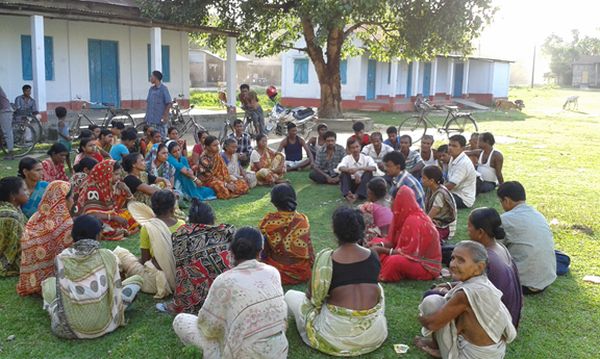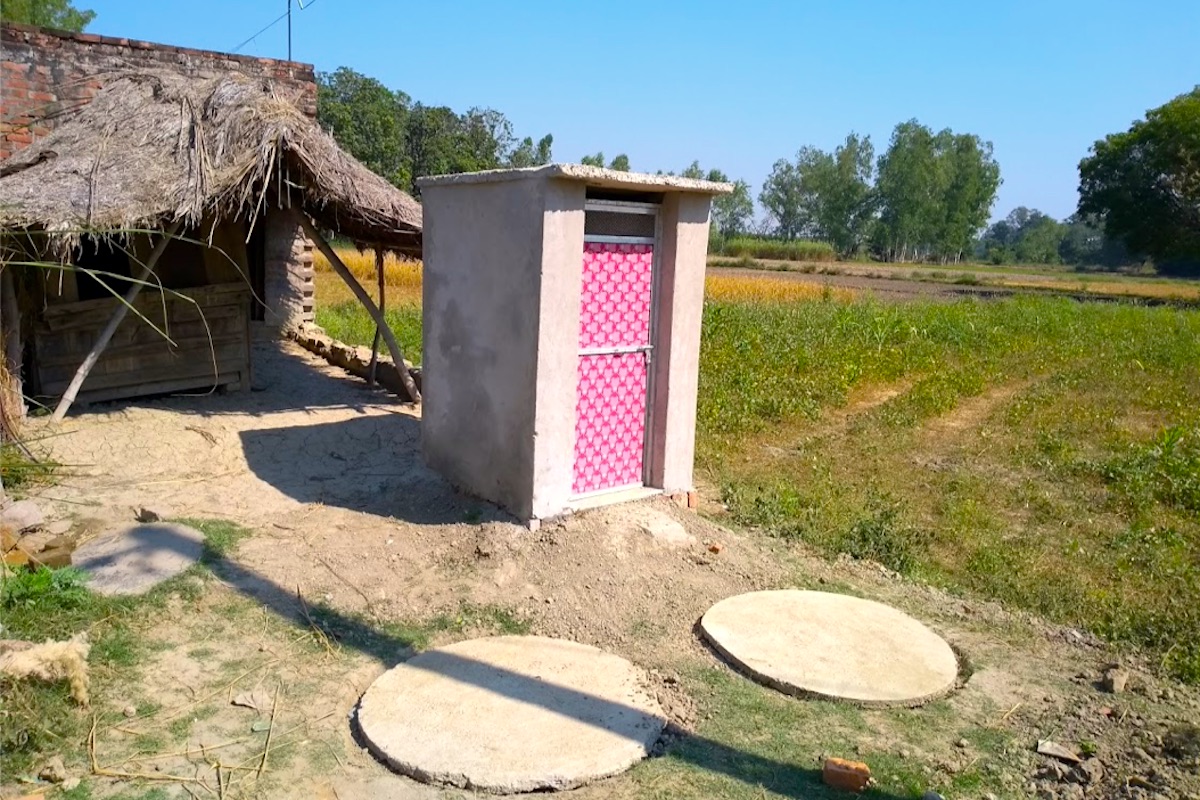This study estimates and decomposes life expectancy differentials along lines of caste, religion, and indigenous identity in India, home to some of the largest populations of marginalized social groups in the world. This paper is published in the Proceedings of the National Academy of Sciences (PNAS).
Research by Payal Hathi
Research by Payal Hathi
Measurement of population mental health: evidence from a mobile phone survey in India
This study tests two questionnaires in measuring mental health in a mobile phone survey in population-representative samples in the Indian states of Bihar, Jharkhand, and Maharashtra. Both questionnaires measured worse mental health in places with lower human development, but only the adapted SRQ The adapted SRQ identified women as having worse mental health than men in all three states. This study is published in Health Policy and Planning.
When women eat last: Discrimination at home and women’s mental health
Using original data from a population representative mobile phone survey in Bihar, Jharkhand, and Maharashtra in 2018, this study finds that gender discrimination in the form of women eating only after the men in the household have eaten, is associated with worse mental health, even after accounting for differences in socioeconomic status. This study is published in PLOS One.
Persisting Prejudice: Measuring Attitudes and Outcomes by Caste and Gender in India
Results from a mobile phone survey in India (Social Attitudes Research, India (SARI)) show the persistence of conservative gender and caste attitudes in Indian society that vary surprisingly little by respondent gender, caste, and religion. This study is published in CASTE: A Global Journal on Social Exclusion.
Assessing high-profile public messaging for sanitation behaviour change: evidence from a mobile phone survey in India
Using data from a mobile phone survey to ask about people’s knowledge of the existence and purpose of the 2014 Swacch Bharat Mission (SBM), India’s high-profile program to tackle open defecation, we find that, at the time of the survey (between 2016 and 2018), no more than one-third of adults in any state are aware that the SBM intends to promote toilet and latrine use. This study is published in Waterlines.
Revisiting open defecation: Evidence from a panel survey in rural north India, 2014–18
Using data from a 2018 survey on sanitation behavior rural north India, which revisited households originally surveyed in 2014, this study finds that although rural latrine ownership increased considerably over this period, open defecation remains very common. This study is published in Economic & Political Weekly.
Caste prejudice and infection why a dangerous lack of hygiene persists in government hospitals
Through interviews and observations at public hospitals in Uttar Pradesh, Madhya Pradesh, and Bihar, this study finds that deep caste prejudice against cleaners prevents the professionalization of their work, leaving them overburdened and under-equipped to maintain standards of hygiene. This study has been published in Economic and Political Weekly.
Persistence of solid fuel use in rural north India
Using data from a 2018 survey on fuel use in rural north India, this study finds persistent solid fuel use despite increases in liquefied petroleum gas (LPG) ownership. This study is published in Economic & Political Weekly.
Assessing public awareness and use of medical abortion via mobile phone survey in India
This study demonstrates that respondents in India are willing to answer abortion-related questions via mobile phone survey. We find that in Bihar and Maharashtra, less than one-third of respondents said they had heard of medical abortion, and awareness was positively associated with education and women’s status in the household. Reported use of abortion medication was low. This study is published in Contraception.
Explicit Prejudice: Evidence from a New Survey
This study uses data from Social Attitudes Research, India (SARI), a mobile phone survey data in India. It finds high levels of explicit prejudice against both Dalits and women in Delhi, Mumbai, Rajasthan, and Uttar Pradesh. This study is published in Economic & Political Weekly.
Place and Child Health: The Interaction of Population Density and Sanitation in Developing Countries
Using two approaches, one comparing across subnational regions globally and one comparing across local geographies within Bangladesh, this study finds that open defecation externalities are worse for child height and infant mortality where population density is higher. This study is published in Demography.
Understanding open defecation in rural India: Pollution, latrine pits, and untouchability
Using several sources of quantitative and qualitative data, we link widespread open defecation in rural north India to beliefs, values, and norms about purity, pollution, caste, and untouchability that cause people to reject affordable latrines. This study is published in Economic & Political Weekly.
Underweight and pregnant: Maternity entitlements and weight gain during pregnancy
This paper describes the depth of India’s maternal nutrition problem in light of the passage of the National Food Security Act, which legislates a universal maternity entitlement. In recommending that maternity entitlements should be used to encourage weight gain in pregnancy, this paper suggests ways of designing and administering a maternity entitlements program that would improve its chances for success. This study is published in the Indian Journal of Human Development.
Can collective action strategies motivate behavior change to reduce open defecation in rural India?
Using quantitative and qualitative analyses, this study finds that strict social hierarchies that continue to govern daily interactions in rural Indian life today obstruct the spirit of cooperation upon common community-led approaches to reducing open defecation rely. Additionally, caste-based notions of purity and pollution make the simple latrines used all over the developing world unattractive to rural Indians. This paper is published in Waterlines.
Revealed preference for open defecation: Evidence from a new survey in rural north India
Based on survey data collected in Bihar, Haryana, Madhya Pradesh, Rajasthan and Uttar Pradesh, this analysis finds that over 40% of households with a working latrine have at least one member who defecates in the open. This study is published in Economic & Political Weekly.

